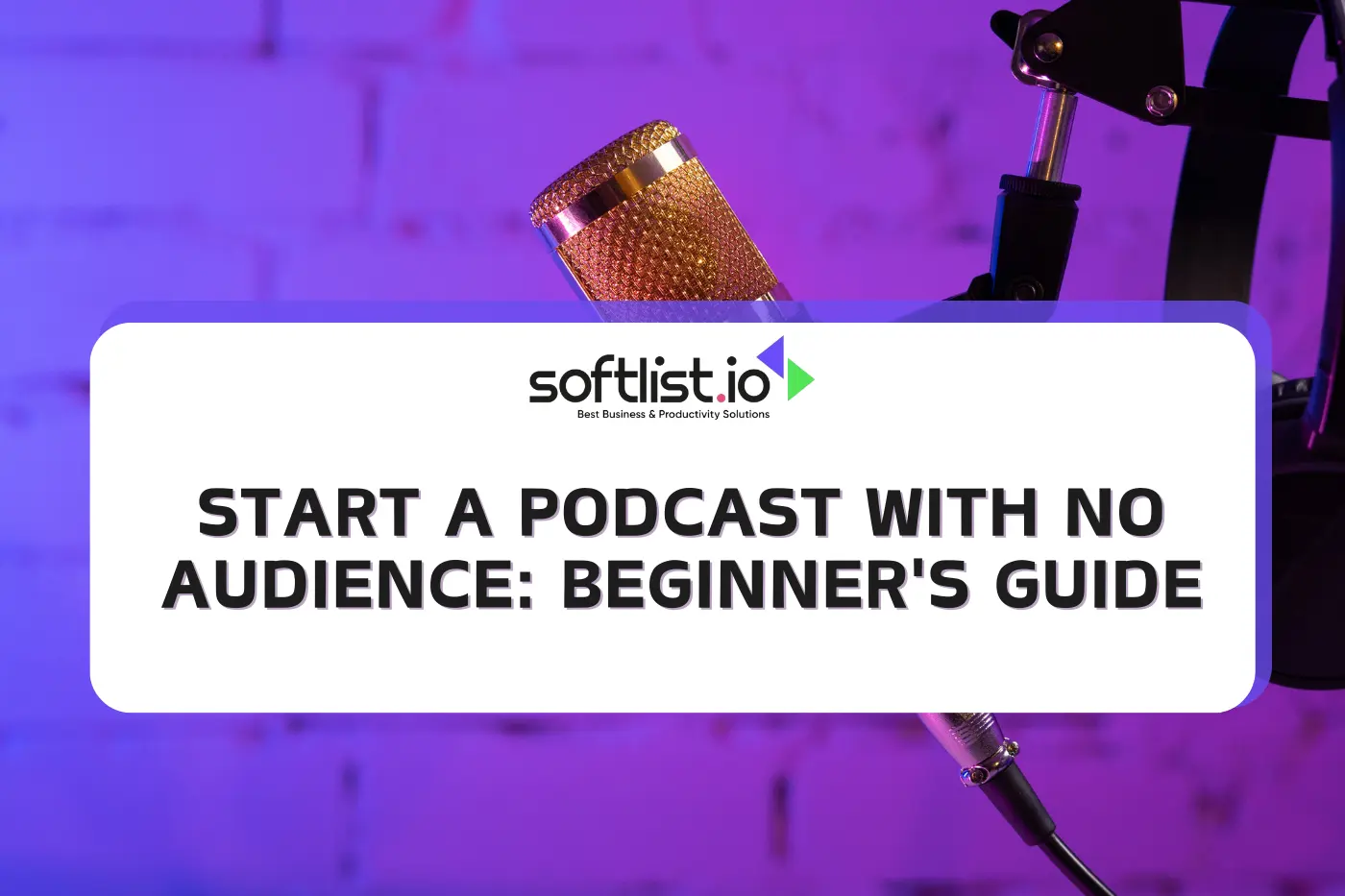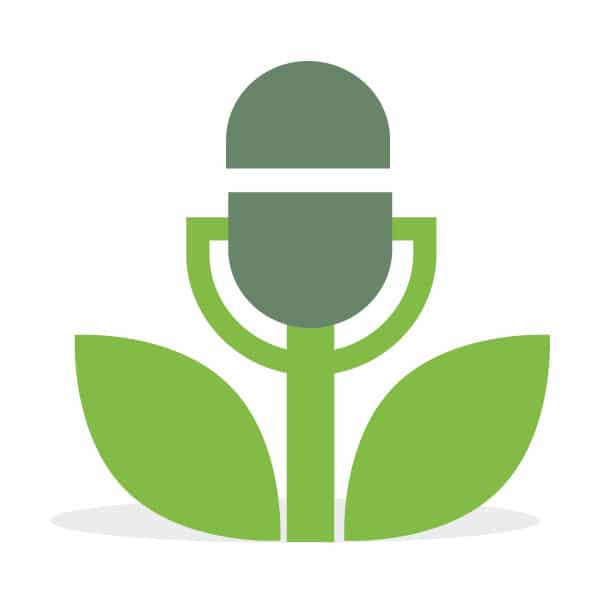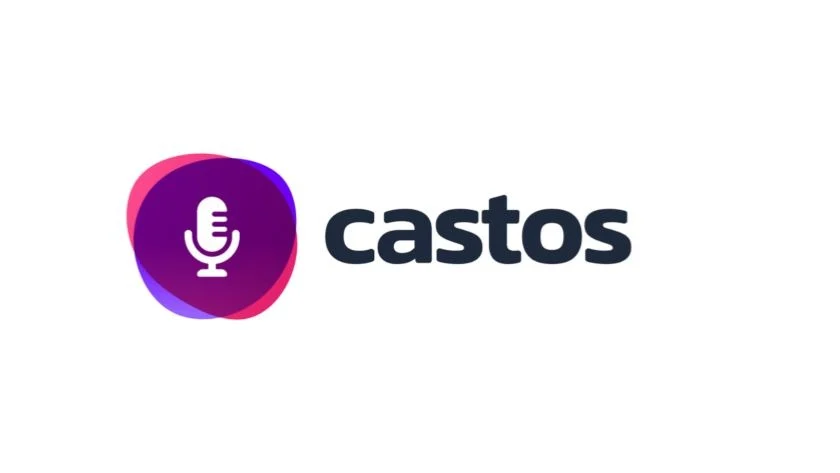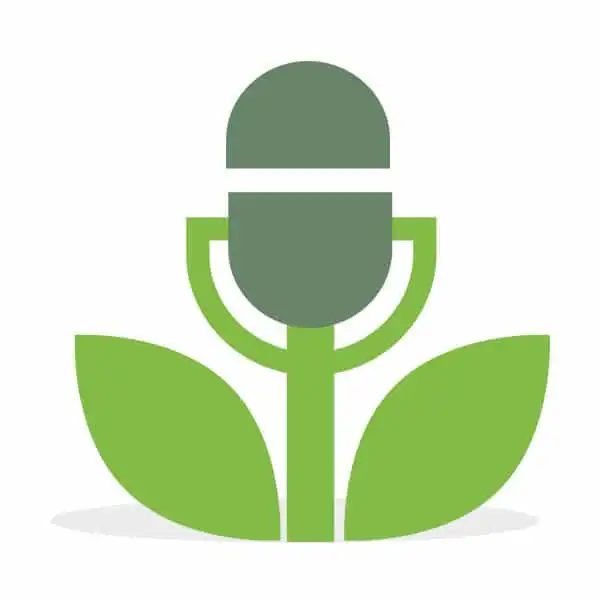Are you eager to start a podcast but feeling overwhelmed by the prospect of launching into a sea of podcasts with no existing audience? Fear not!
This comprehensive guide is tailored specifically for beginners like you, offering invaluable insights and learning how to start on your journey successfully. From defining your target audience to mastering the art of promotion, we’ve got you covered every step of the way to grow your audience.
In this article, we’ll delve into the essentials of starting a podcast from scratch, providing a detailed step-by-step guide that covers everything from creating one, and choosing your niche to monetizing it.
Whether you’re a complete novice or a seasoned content creator looking to explore the world of podcasting, this guide is designed to equip you with the knowledge and tools needed to launch and grow a successful content.
So, if you’re ready to learn how to make your content stand out in a crowded digital landscape, let’s dive in and explore the exciting world of podcasting together!
Understanding the Basics of Podcasting
It is a digital audio or video series consisting of episodes that can be downloaded or streamed over the Internet. Typically, podcasts are episodic and cover a wide range of topics, including news, entertainment, education, storytelling, interviews, and more.
They are often created by individuals, organizations, or companies and are made available to listeners through hosting platforms like Apple Podcasts, Spotify, Google Podcasts, and others.
Listeners can subscribe to it to automatically receive new episodes as they are released, allowing for convenient and on-demand access to content. It have gained popularity due to their flexibility, accessibility, and the diverse range of topics and voices they offer.
Additionally, with the growing demand for accessibility and content repurposing, many podcasters are now exploring podcast to text transcription services. These services convert audio content into written transcripts, making podcasts more searchable, indexable, and accessible to a wider audience, including those with hearing impairments or those who prefer reading over listening.
Different Podcast Formats
It come in various formats, each catering to different preferences and content styles. Common formats include:
- Interview podcasts: Hosts invite guests and interview on specific topics, offering insights and expertise.
- Solo podcasts: Hosts share their thoughts, experiences, and expertise on a particular subject.
- Narrative podcasts: Story-driven contents that often incorporate elements of storytelling, journalism, or fiction.
- Panel discussions: Multiple hosts or guests engage in conversations and debates on various topics.
Why Podcasting is Effective for Content Creators
Exploring its effectiveness for content creators, especially those embarking on the journey of starting one without an existing audience highlights its potential to reach and engage with target audiences. It offers a unique platform to share valuable content in various formats, be it interviews, solo episodes, or discussions, tailored to the your niche.
Despite starting a podcast with no audience, creators can utilize its directories like Spotify and social media platforms to promote their contents and attract new listeners. Investing in high-quality podcasting equipment and editing software ensures impeccable audio quality, enhancing its listening experience for potential listeners.
Tips for Beginners
As you embark on your journey, here are some essential tips to keep in mind. By following these step-by-step guides and strategies, you can learn how to start recording a successful content and attract a loyal audience even as a beginner who doesn’t have an existing audience in the this world.
- Define your niche, identify a specific podcast topic or theme that aligns with your interests, and expertise, and consider your target audience.
- Invest in quality equipment; while you don’t need to break the bank, investing in decent podcast equipment, such as a microphone and headphones, can significantly improve the audio quality of your recordings.
- Plan your podcast content, develop a content strategy, and plan your episodes in advance to ensure consistency and coherence in your podcasting efforts.
- Promote it, and utilize social media platforms, email lists, and other marketing channels to promote it and reach potential listeners.
- Engage with your audience, and foster a sense of community by actively engaging with your listeners through comments, feedback, and listener questions.
With dedication and perseverance, you can make it a success and grow your audience over time, even if you’re starting a podcast without an existing audience.
Planning Your Podcast
Planning your podcast is a crucial first step in creating a successful audio venture. Whether you’re a seasoned content creator or a newcomer to the scene, having a clear plan can make all the difference in the world.
Below, we’ll explore some essential aspects of planning your podcast, from choosing your niche to defining your target audience.
Choosing Your Podcast Niche
- Start Your Own Podcast: Before diving into the world of it, it’s essential to choose a niche that aligns with your interests and expertise. Consider what topics you’re passionate about and where your knowledge lies.
- Consider Your Target Audience: When selecting your niche, it’s crucial to consider your podcast’s target audience’s interests and preferences. Think about what topics will resonate most with them and provide value.
- Building an Audience: Keep in mind that choosing a niche with a large audience can increase your podcast’s potential reach. However, don’t be afraid to niche down if it means targeting a more specific and engaged audience.
Defining Your Target Audience
- Understanding Your Audience: Once you’ve chosen your niche, the next step is to define your target audience. Who are you creating your podcast for? What are their demographics, interests, and pain points?
- Audience Value: Building a loyal audience is key to the success of your podcast. By understanding your audience’s needs and preferences, you can create high-quality content that resonates with them and keeps them coming back for more.
- Ways to Monetize Your Podcast: Keep your audience in mind when exploring monetization strategies for your content. Consider how you can provide value to your listeners while also generating revenue for your episodes.
- Launching a Podcast from Scratch: Even without an audience, don’t let that deter you from launching your content. Starting one without an audience but with the right strategies and tactics, you can attract an audience over time from scratch and build a thriving community around it.
Setting Up Your Podcast

Image from www.canva.com
Setting up your podcast is an exciting step towards sharing your voice with the world. In this section, we’ll walk you through the essential technical setup needed to kickstart your journey. From selecting the right equipment to choosing a reliable hosting platform, we’ve got you covered every step of the way.
Choosing Equipment for Newbies
Investing in the right equipment, you can ensure that your audio content is professional-sounding and engaging, setting the stage for a successful journey. Here are some recommendations for beginner-friendly gear:
- Microphone: The cornerstone of your podcasting setup, a good-quality microphone is essential for capturing clear and crisp audio. Look for options such as the Blue Yeti or Audio-Technica ATR2100x-USB, which offer excellent sound quality at an affordable price point.
- Headphones: While not strictly necessary, a pair of headphones can help you monitor your audio levels and ensure that your recordings are free from unwanted noise or distortion. Consider investing in a comfortable and durable pair, such as the Sony MDR7506 or Audio-Technica ATH-M50x.
- Recording software: To record and edit your episodes, you’ll need reliable recording software. Options like Audacity (free) or Adobe Audition (paid) offer robust features and user-friendly interfaces, making them ideal choices for beginner podcasters.
- Pop filter and shock mount: To further improve the quality of your recordings, consider investing in accessories like a pop filter and shock mount. These can help reduce plosive sounds and minimize vibrations, resulting in cleaner audio.
- Optional accessories: Depending on your budget and preferences, you may also want to consider investing in additional accessories such as a microphone stand, audio interface, or portable sound booth.
Podcast Hosting Platforms for Starters
Choosing the right hosting platform for it, you can ensure that your episodes are easily accessible to your audience, helping you grow your listener base and establish it as a reputable source of content in your niche.
Here’s an overview of various hosting platforms suitable for beginners:
- Podbean: With its user-friendly interface and affordable pricing plans, Podbean is an excellent choice for beginners. It offers robust features such as unlimited hosting, customizable podcast websites, and built-in monetization options.
- Buzzsprout: Known for its simplicity and ease of use, Buzzsprout is a popular choice among novice creators. It offers features like detailed analytics, automatic episode optimization, and seamless integration with popular directories.
- Anchor: If you’re looking for a completely free hosting solution, Anchor is worth considering. In addition to hosting it for free, Anchor also provides tools for recording, editing, and distributing your episodes, making it a one-stop-shop for beginners.
- Libsyn: As one of the oldest and most established podcast hosting platforms, Libsyn offers a wide range of features and customization options. While it may be slightly more complex than other options, its reliability and scalability make it a popular choice for serious podcasters.
With our free podcasting guides, video tutorials, podcasting courses, industry podcasts, and the Buzzsprout Podcast Community, you’ll have everything you need to create a successful podcast.
Creating Engaging Podcast Content
When it comes to crafting engaging content, understanding your audience is paramount. Tailor your episodes to meet their interests and preferences, using storytelling techniques to keep them captivated.
Experiment with different formats, plan your episodes meticulously, and invest in high-quality audio equipment. Authenticity is key, so stay true to your unique voice and actively engage with your listeners.
Publish your podcast across various platforms and maintain a consistent release schedule to keep listeners coming back for more. With these tips, you’ll create content that resonates with your audience and sets it apart from the rest.
Launching and Promoting Your Podcast
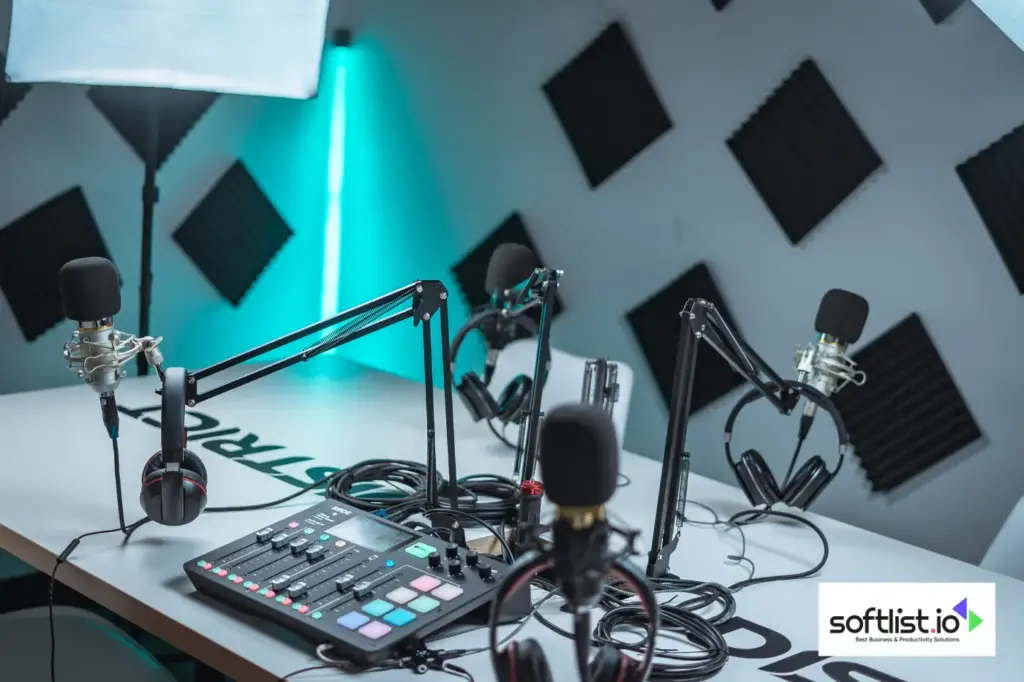
Image from www.canva.com
Launching and marketing is a crucial step in gaining traction and building your audience from scratch. We’ll explore effective strategies and marketing tactics tailored specifically for new beginners like you. ‘
Start promoting and define its unique selling proposition (USP), craft compelling titles and episode descriptions, and utilize directories to reach a broader audience. Collaborate with influencers, industry experts, and cross-promote each other’s content to expand your reach.
Implement SEO techniques and engage with your audience on social media to foster a sense of community and loyalty. With consistency and experimentation, watch your platform flourish and your audience grow exponentially!
Monetizing Your Podcast
Implementing these monetization strategies and staying committed to providing valuable content to your audience, you can turn your passion for podcasting into a profitable endeavor.
From sponsorships to merchandise sales, there are several avenues to explore as you seek to monetize your efforts.
Monetization Strategies
- Sponsorships: Partnering with brands relevant to your niche can provide a steady stream of income through sponsored content and ad placements.
- Affiliate Marketing: Promoting products or services related to your content and earning a commission for every sale generated through your affiliate links.
- Merchandise Sales: Creating and selling branded merchandise such as t-shirts, mugs, or accessories can be a lucrative revenue stream for creators with a loyal fan base.
- Premium Content: Offering exclusive content or bonus episodes to subscribers through a membership or subscription model.
- Donations and Crowdfunding: Giving your audience the option to support your content through donations or crowdfunding platforms like Patreon.
- Events and Live Shows: Hosting live events or shows can provide additional revenue opportunities through ticket sales, sponsorships, and merchandise.
Best Tool for Podcasting: Our Top Picks
Key Takeaways
In conclusion, embarking on the journey of starting a podcast with no audience may seem daunting, but armed with the insights and strategies outlined in this comprehensive guide, you’re well-equipped to navigate the challenges and seize the opportunities that lie ahead.
From understanding the basics of podcasting to planning your content, setting up, creating engaging content, launching and promoting it, to monetizing your efforts, each step is crucial in laying the foundation for a successful venture.
Remember, consistency, dedication, and a deep understanding of your audience are the keys to building a loyal following and achieving long-term success in the realm. The landscape of podcasting continues to evolve, presenting endless possibilities for innovation and growth.
Frequently Asked Questions
1. What is the best podcast editing software for beginners?
For beginners, user-friendly options like Audacity or GarageBand offer intuitive interfaces and essential editing features to start crafting professional-quality recordings without a steep learning curve.
2. How can I improve my podcast SEO?
Enhance its discoverability by optimizing episode titles, descriptions, and tags with relevant keywords, leveraging transcriptions, and submitting your it to directories like Apple Podcasts and Spotify.
3. What are the best practices for recording it remotely?
4. How often should I release new episodes?
Consistency is key; aim for a regular release schedule that aligns with your audience’s expectations and your production capacity, whether it’s weekly, bi-weekly, or monthly.
5. Can I start a successful podcast without any technical background?
Absolutely! While some technical knowledge may be beneficial, many successful beginners have started with minimal technical expertise, relying on user-friendly tools and learning as they go to produce engaging content
Start Your Podcasting Journey with Softlist!
Explore Softlist’s comprehensive guide for beginners and take the first step towards confidently launching your podcast.
Dive into our curated selection of tools, automation tools, resources, and recommendations to make informed decisions and support our mission as you embark on your journey.

